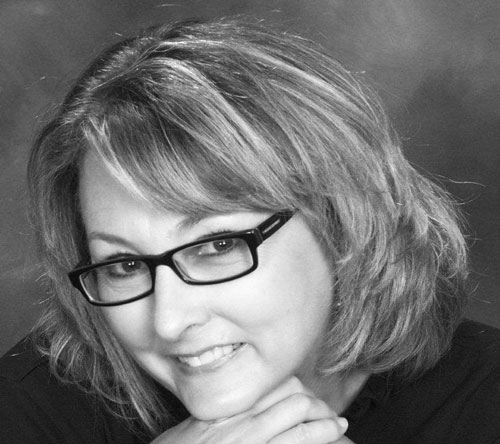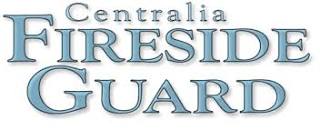My Aunt Mary was a new patient at a facility near Kansas City, so I programmed my GPS to take me there. I pushed a button, said her name, and patiently waited outside the door until someone buzzed me in. A nurse greeted me, and I repeated who I was there to see. Then, she touched my hand and looked into my eyes.
“Your aunt just passed away.”
I was too late.
Aunt Mary was my father’s little sister. Walter and Mary Ann were young children when their young father suddenly died, leaving behind a grieving wife to feed their four little ones. Growing up, Walter was a father more than he was a brother. He fixed what was broken, worked odd jobs, and made sure his siblings got to school.
 He was just a boy.
He was just a boy.
Aunt Mary married right out of high school, moved to Kansas City, and started a family. She landed an enviable career with Trans World Airlines, believing that her job at TWA meant her future was secure.
That’s not how it turned out.
Aunt Mary divorced, her children grew up, and TWA imploded, blowing up her job and pension plan. She moved to the outskirts of Kansas City and when the neighborhood ran down and the crime rate ran up, she stayed.
Where was she going to go?
After life felt apart for Aunt Mary, her views turned extreme and she felt compelled to preach about it, telling the rest of us that we were living life wrong. As a result, growing up, I rarely saw Aunt Mary.
My Dad rarely saw his sister.
Later in life Aunt Mary seemed to soften her opinions and judgments that kept her family at a distance. At my father’s insistence, she began coming for an annual visit that coincided with our small town’s festival, the Centralia Anchor Fest. Aunt Mary would bring a lawn chair into the park and sit beside her brother, eating funnel cakes together as they watched the Ferris Wheel. Together they would laugh and talk about old friends, old days, and old ways.
Like they were brother and sister.
There was something about the Ferris Wheel and the funnel cake that brought a softness to Aunt Mary, a noticeable lightness to her eyes. I like to think that she found some peace in this small town where she could safely set aside her worries and regrets. Instead of the tough days of growing up, her hometown reminded her of a good time in her life.
For the full column, see this week’s edition of the Centralia Fireside Guard




